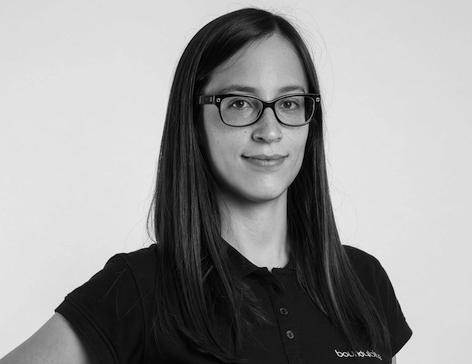
Cristina Aleixendri Muñoz
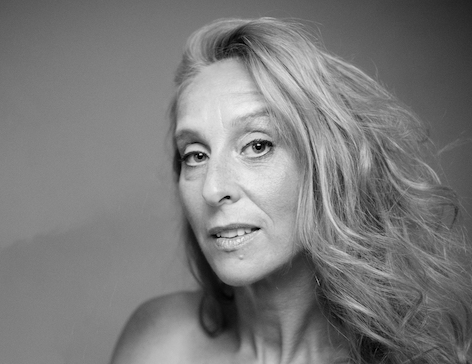
Liane Thompson
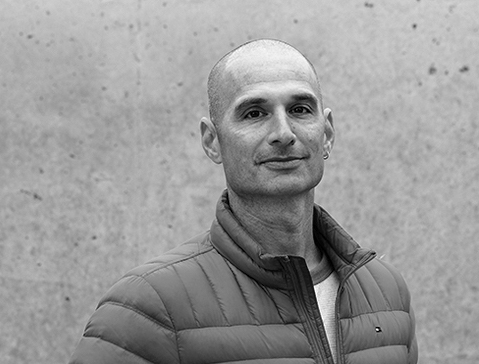
Ido Sella
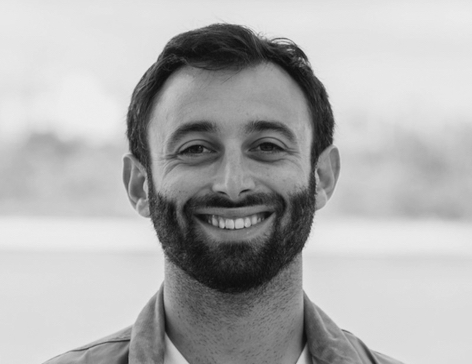
Sam Teicher
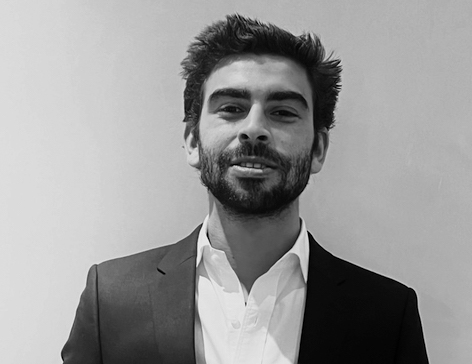
Jack Sieff
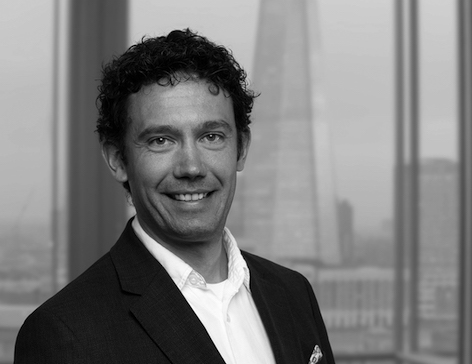
Ben Medland
Main image: Vortex, 24 September 2017, Teahupoo, Tahiti, French Polynesia. Both © Ben Thouard
This article first appeared in the Spring/Summer 2023 issue of LUX magazine. This issue features the fifth in a series of Deutsche Bank Wealth Management/LUX supplements about our ocean and its importance to both the environmental and economic wellbeing of the planet.
Related articles
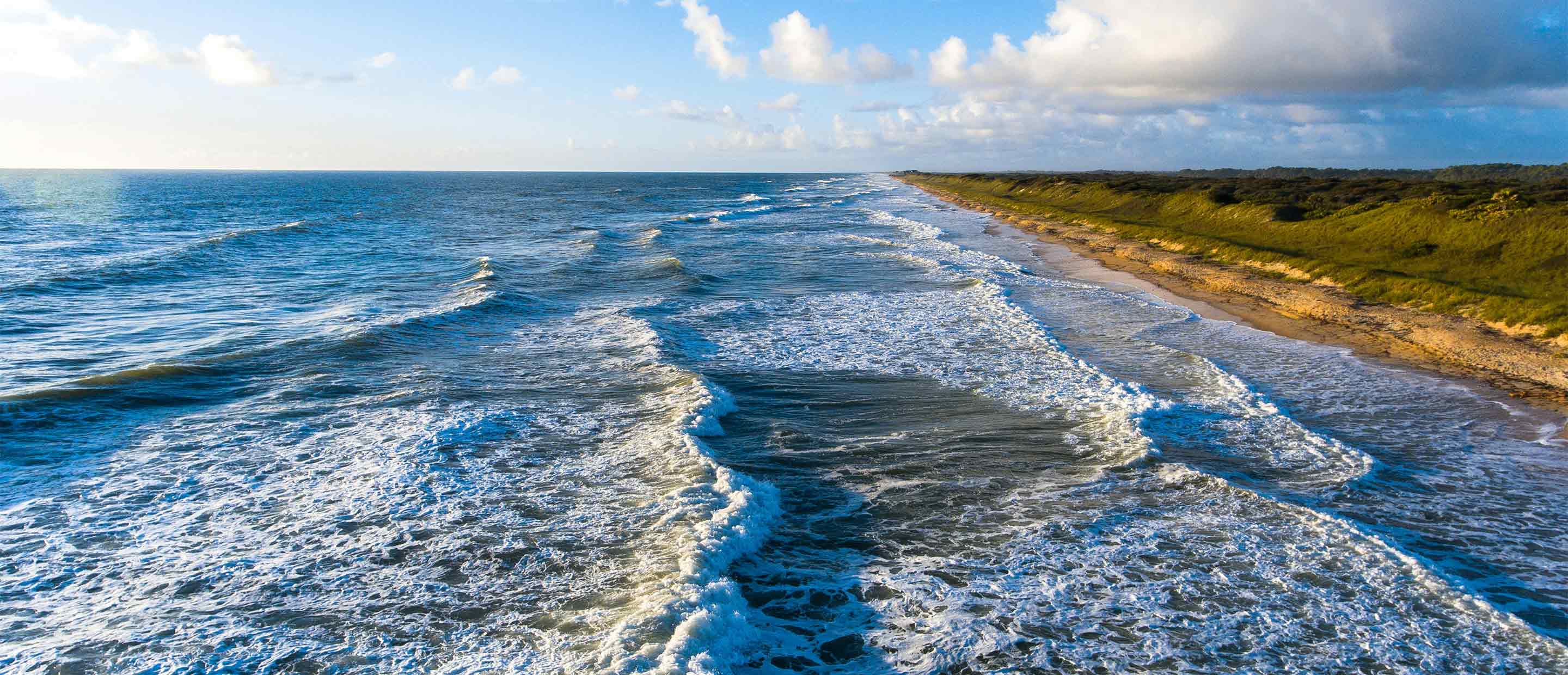
Jargon-busting series
What are Life Pillars?
Life Pillars provide essential resources and services crucial for the prosperity of humanity and the global economy — and yet they are often undervalued or taken for granted.
Aug 01, 2024
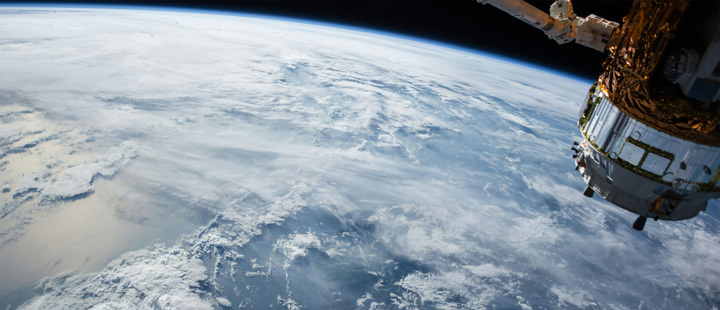
PERSPECTIVES Special
Atmosphere: Shield of the earth
The third in our trilogy of keynote presentations on the Earth's "Life Pillars" explains why climate-related risks and opportunities should be important considerations for investors with regard to long-term portfolio development.
Mar 26, 2024

CIO Nature Series
Rainforests: the Earth’s green lung
Rainforests provide invaluable ecosystem services supporting climate management, biodiversity, and rural livelihoods—but they are also fragile. In this publication, we focus on four key concerns: deforestation, climate change, poaching and illegal trade, and mining and oil extraction
Aug 02, 2023
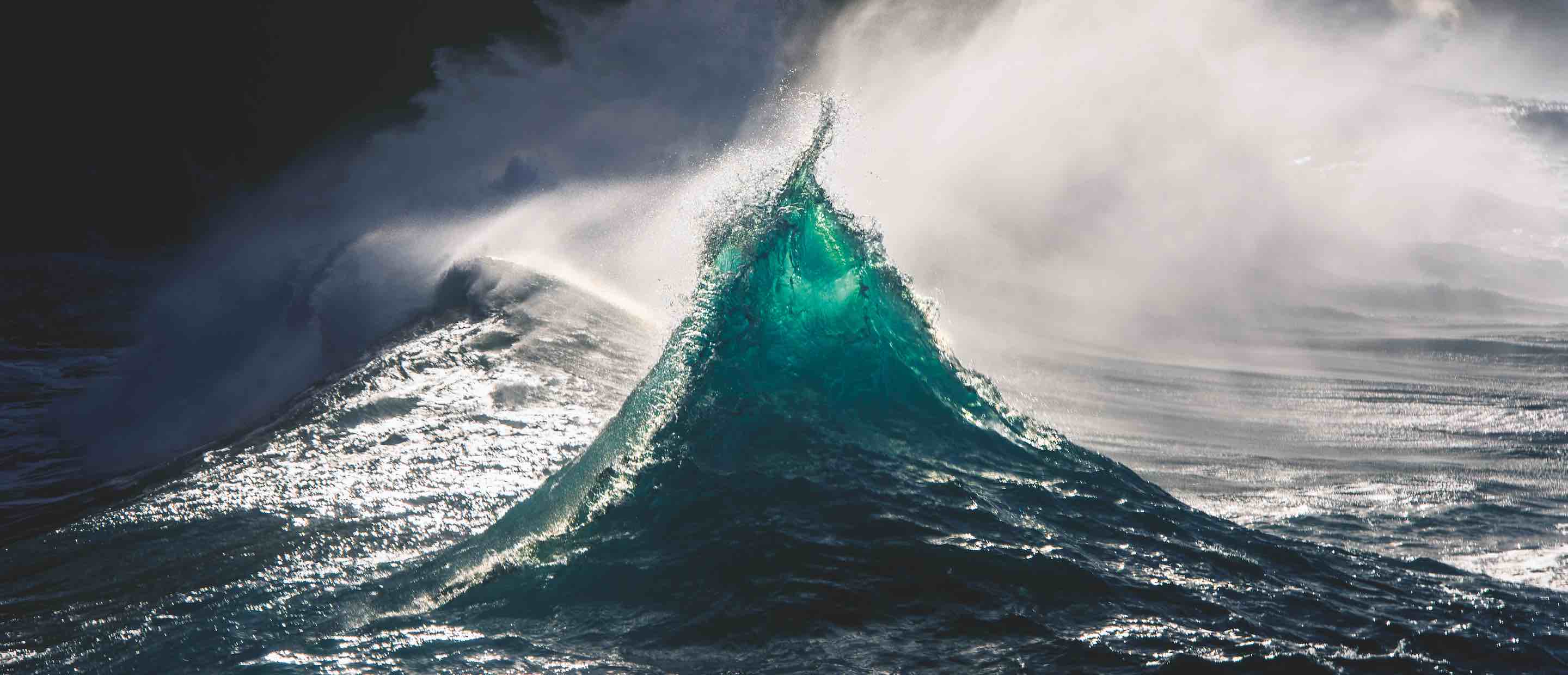
Feature article
Giving nature its true value
In the midst of a climate and inequality crisis, is it time to ditch GDP as a measure of economic success? Academics, conservationists and, increasingly, investors are looking to other factors such as natural capital.
May 04, 2023
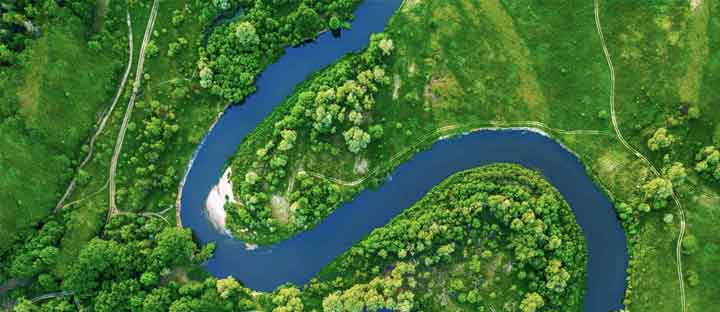
PERSPECTIVES Special
Land: A key Life Pillar
In our publication, we take a deep look at the importance of biodiversity, particularly from an investor's perspective.
Apr 18, 2023
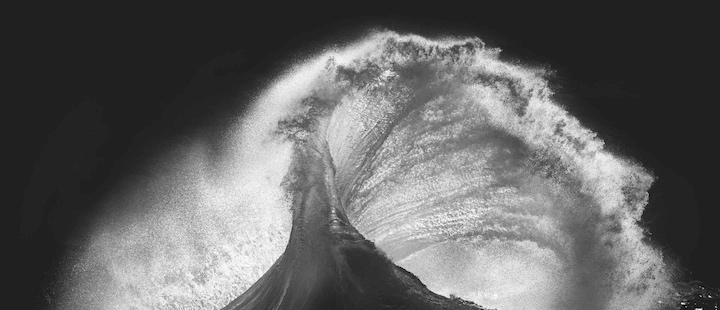
Feature article
Markus Müller on the nature economy
What if we redesigned our economic model to take into account the cost of using nature? Markus Müller explains how the health of the world's natural capital is something we now have to articulate and factor into all our financial decisions.
Apr 13, 2023

